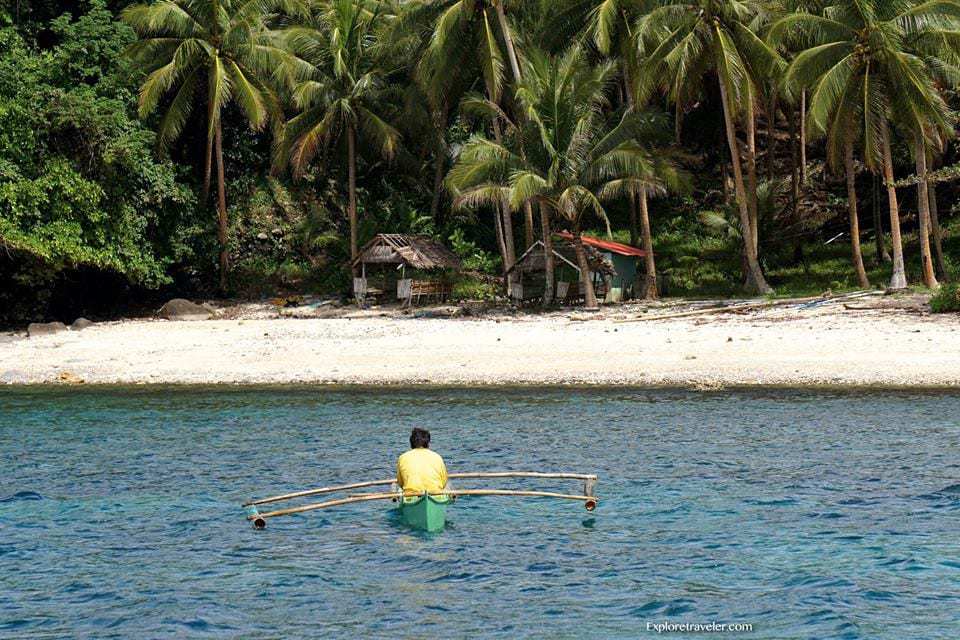Frequently Asked Questions
None?
There is no specific question provided, so a general response cannot be generated. The FAQ answer should be based on a clearly defined question.
Keyword mismatch; questions unrelated?
The provided question indicates a mismatch between the keywords used and the actual questions being asked, suggesting the questions are unrelated to the context.
What is Panaoms primary industry?
Panaon Island's primary industry is fishing. The local economy heavily relies on the island's rich marine resources and fishing activities.
How does Panaom impact local tourism?
Panaon Island is a popular tourist destination that significantly impacts local tourism, as it offers diverse natural attractions and unique cultural experiences, drawing visitors and contributing to the economic development of the surrounding communities.
What cultural significance does Panaom have?
Panaon Island holds significant cultural importance, as it is known for its unique local traditions, indigenous crafts, and historical sites that showcase the rich heritage of the region.
Are there traditional events in Panaom?
Panaon Island is home to various traditional events that showcase the local culture and heritage. These include colorful festivals, cultural dances, and religious celebrations that provide a unique glimpse into the island's rich traditions.
What wildlife is native to Panaom?
Panaon Island is home to a diverse array of native wildlife, including various species of birds, reptiles, and small mammals that thrive in the island's lush, tropical environment.
How does Panaoms climate vary?
The climate of Panaon Island in the Philippines varies, with a tropical maritime climate characterized by high temperatures, frequent rainfall, and moderate humidity throughout the year.
What languages are spoken in Panaom?
The main languages spoken in Panaon Island are Cebuano and Tagalog, which are the predominant languages in the Philippines.
Does Panaom have a signature cuisine?
Panaon Island is known for its diverse seafood-based cuisine, including local specialties such as kinilaw (raw fish in vinegar) and sinugba (grilled fish).
